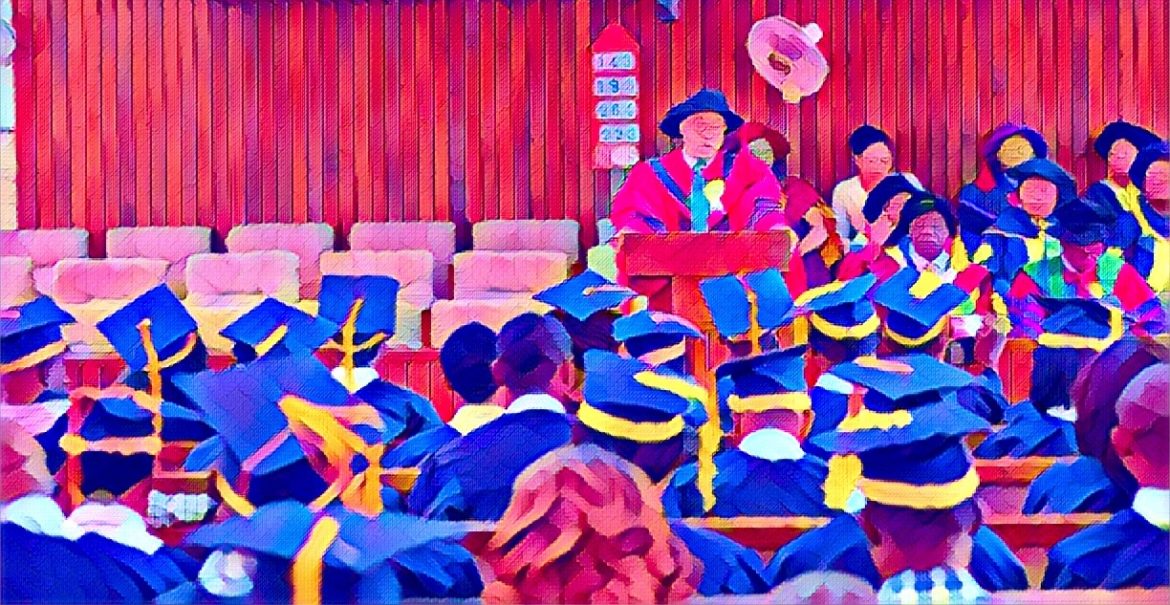Despite numerous vacancies at Nigeria’s leading universities, over 5,032 first-class graduates find themselves excluded from potential academic positions due to a stringent government embargo on recruitment. This situation highlights a stark contradiction between the availability of qualified individuals and the institutional capacity to employ them, amidst a growing crisis within Nigeria’s higher education sector.
In 2020, the Federal Government imposed an embargo on all civil service recruitments to manage workforce size, which has prevented universities from filling existing or new vacancies, including those created by the departure of university teachers. As a result, significant academic staff shortages are reported across several institutions, such as the University of Ilorin, which needs to fill about 500 positions, the Federal University Gusau, which requires 600, and the University of Agriculture in Abeokuta, which has over 350 vacancies. Furthermore, there are over a thousand openings across the University of Ibadan, the University of Lagos, Obafemi Awolowo University, the University of Nigeria Nsukka, and the University of Benin.
This embargo also restricts universities from retaining their brightest graduates, who could otherwise contribute significantly to the academic and research environment. Historically, many universities had policies to employ outstanding graduates, particularly those who earned first-class honors, directly into academic positions such as Graduate Assistants. This practice not only helped mitigate faculty shortages but also ensured a continual infusion of new talent into academia.
The affected graduates, who have demonstrated exceptional academic prowess, are left to navigate an increasingly challenging job market, where their skills and potential remain underutilized. This is particularly disheartening given the investment in education both by the students themselves and the state. The non-retention policy directly contradicts the needs of the universities, which are desperate for qualified staff to handle increasing student populations and maintain educational standards.
For example, during the 2019-2022 academic sessions, universities such as UNILAG, UI, UNILORIN, FUTA, UNN, OAU, UNIBEN, and BUK produced a combined total of over 5,032 first-class graduates, none of whom have been retained by their alma maters due to the recruitment freeze.
The inability to employ these graduates not only affects the individuals concerned but also has broader economic and social implications. It hampers the universities’ capacity to provide quality education and conduct research, which is crucial for national development. Furthermore, it contributes to brain drain, as many top graduates seek opportunities abroad where their skills are in demand.
There is a growing call among academics and educational stakeholders for the government to reconsider its stance. Professors and university administrators argue that lifting the embargo and allowing universities to manage their recruitment independently would alleviate many of the current challenges. Such a change would enable institutions to replenish their faculties, enhance their educational offerings, and utilize home-grown talents who are familiar with the system and invested in its improvement.
During a recent university forum, the Dean of Post Graduate Studies at the University of Uyo, Prof. Monday Effiong, emphasized the importance of revisiting these policies to harness the potential of first-class graduates. He pointed out that employing these graduates is not just about filling vacancies but about revitalizing the academic community with new ideas and perspectives that are essential for innovation and progress.
Comparatively, international institutions often capitalize on their top graduates to foster academic continuity and innovation. Prof. Kamil Omoteso from the University of Derby highlighted that in places like the UK, retaining top graduates is a common practice that benefits both the universities and the graduates themselves. Such policies not only help in building academic careers but also contribute to the overall competitiveness and reputation of the institutions.
The situation presents a paradox where the country’s most capable intellectual resources are sidelined by policy constraints that ironically aim to streamline governmental expenditure. If Nigeria’s universities are to compete globally and drive national development, a critical reassessment of these recruitment policies is essential. The potential of the nation’s brightest minds must be harnessed to foster an educational environment that is vibrant, innovative, and responsive to the needs of society.
Source: The Guardian


